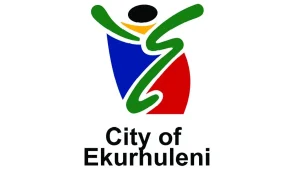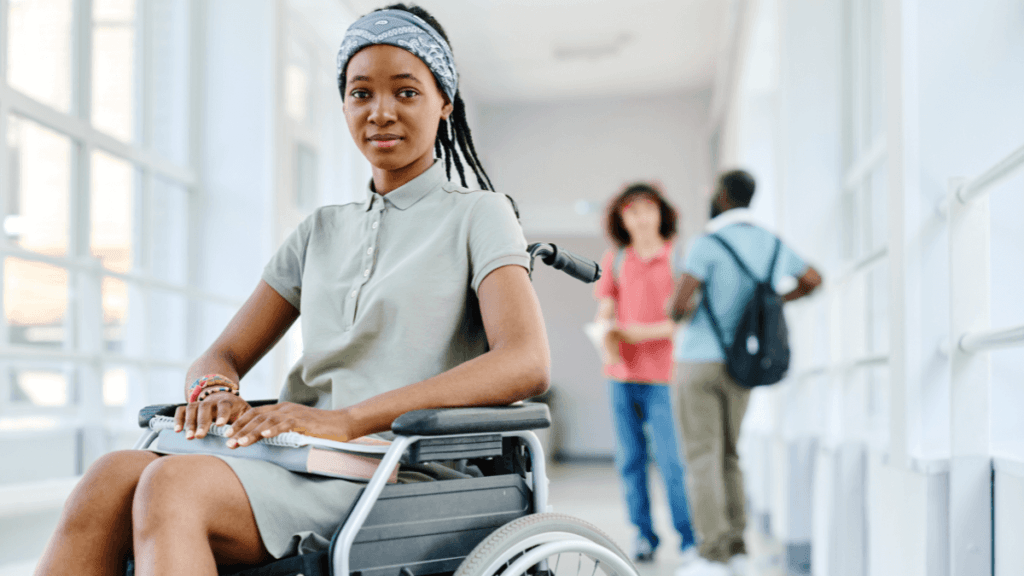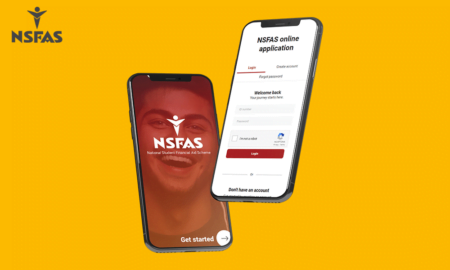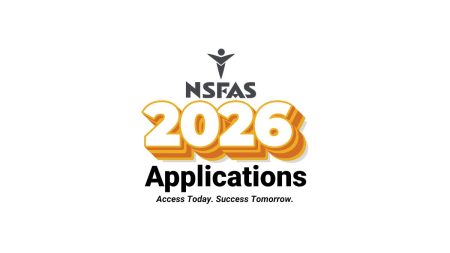The NSFAS allowance for students with disabilities is a specialized financial support program designed to assist students with disabilities in accessing and completing higher education in South Africa. The NSFAS Disability Bursary Programme provides comprehensive financial aid, covering essential expenses such as tuition, transport, accommodation, meals, assistive devices, and human support services.
This guide provides detailed information on how students with disabilities can apply for NSFAS funding, what support is available, and how to access essential resources.
Understanding the NSFAS Allowance for Students with Disabilities
The NSFAS Disability Bursary Programme is aimed at students who require financial assistance and possess the academic capability to complete their studies. This program removes financial barriers and ensures that students with disabilities receive the necessary support and accommodations to succeed in their chosen fields.
What Does the NSFAS Allowance for Students with Disabilities Cover?
The funding provides for:
- Tuition fees – Covers full registration and course fees.
- Accommodation – On-campus or accredited off-campus housing.
- Meals – Monthly food allowance.
- Transport – Assistance for students who require accessible transportation.
- Assistive Devices – Funding for specialized equipment such as braille readers, screen magnifiers, wheelchairs, and hearing aids.
- Human Support Services – Includes caregivers, scribes, tutors, interpreters, and guides.
Who Can Apply?
To qualify for the NSFAS allowance for students with disabilities, applicants must:
- Be a South African citizen.
- Be registered at a public university or TVET college.
- Have a disability that requires additional financial assistance.
- Come from a household with a combined income of R600,000 per year or less.
- Demonstrate academic potential to pass their coursework.
Students with temporary disabilities do not qualify for this program.
NSFAS Allowance Breakdown for Students with Disabilities
The amount of funding varies based on the student’s needs and institution. Below is an estimated breakdown of the NSFAS allowance for students with disabilities for 2024:
| Allowance Type | Amount (Estimated for 2024) |
|---|---|
| Tuition & Registration | Full coverage (as per institution’s fees) |
| Accommodation | Up to R6,000 per month (institution-dependent) |
| Transport | Up to R7,500 per year (for students staying at home) |
| Assistive Devices | Up to R50,000 (once-off) |
| Human Support (e.g., Caregivers, Tutors, Interpreters) | Up to R30,000 per year |
| Living Allowance | R1,650 per month |
| Books & Learning Materials | R5,200 per year |
- Assistive devices, such as hearing aids and wheelchairs, are purchased through the university’s disability unit.
- Universities or TVET colleges can purchase assistive devices on behalf of the student.
How to Apply for the NSFAS Allowance for Students with Disabilities
If you are a student with a disability, follow these steps to apply for NSFAS funding:
Step 1: Gather Required Documents
Before applying, ensure you have the following:
- Certified copy of your South African ID.
- Proof of household income (payslips or affidavits).
- Medical or psychological report confirming your disability.
- Proof of university or TVET college registration.
- Letter from the disability unit (if applicable).
- Quotation for assistive devices (if applying for specialized equipment).
Step 2: Apply Online
- Visit www.nsfas.org.za.
- Create an account and log in.
- Complete the online application form.
- Upload all required documents.
- Submit the application before the closing deadline.
Step 3: NSFAS Application Review
- NSFAS will evaluate your application.
- If approved, NSFAS will send a confirmation SMS or email.
- Your allowance will be disbursed to your institution.
Note: If you need an assistive device, arrange the purchase through your institution’s disability unit.
What If Your Needs Change?
If your condition changes or you require additional support, you can apply for extra funding. This applies if:
- You need a new assistive device.
- You require additional human support (e.g., a tutor or guide).
- Your transport requirements have changed.
To request additional funding, submit updated medical proof and a quotation for the required service/device.
Common Challenges and Solutions
Students may face challenges when applying for the NSFAS allowance for students with disabilities. Here’s how to handle them:
1. Delays in NSFAS Approval
- Solution: Apply early and ensure all required documents are submitted correctly.
2. Not Enough Funding for Assistive Devices
- Solution: Obtain a detailed quotation from a certified supplier before applying.
3. Issues with NSFAS Wallet
- Solution: Contact your university’s financial aid office for assistance.
4. Difficulty Accessing Human Support Services
- Solution: Work with your university’s disability unit to arrange tutors, interpreters, or caregivers.
Frequently Asked Questions (FAQs)
Q: Can students with temporary disabilities apply?
- No, only students with long-term disabilities qualify.
Q: Can NSFAS fund postgraduate students with disabilities?
- No, NSFAS only funds undergraduate programs. Postgraduate students can explore National Research Foundation (NRF) bursaries.
Q: How often do I need to submit medical proof?
- Medical proof is only required once, unless your condition changes.
Q: Can I work while receiving the NSFAS allowance for students with disabilities?
- Yes, as long as your household income does not exceed R600 000 per year.
Contact Information for NSFAS Disability Support
If you have queries about your NSFAS funding, you can:
- Call NSFAS: 08000 67327
- Visit: www.nsfas.org.za
- Visit your university’s disability unit for assistance with assistive devices.
Other Resources:
- 2025 NSFAS N+ Rule: How to Calculate Your Remaining Years of Funding
How to Update Your NSFAS Banking Details: A Step-by-Step Guide
Final Thoughts
The NSFAS allowance for students with disabilities is a crucial initiative that provides financial relief to students facing additional challenges in higher education. By covering tuition, assistive devices, human support, and transport, NSFAS ensures that all students with disabilities have an equal opportunity to succeed.
If you qualify for the NSFAS Disability Bursary Programme, apply as soon as possible to secure your funding and get the support you need to thrive in your studies.










